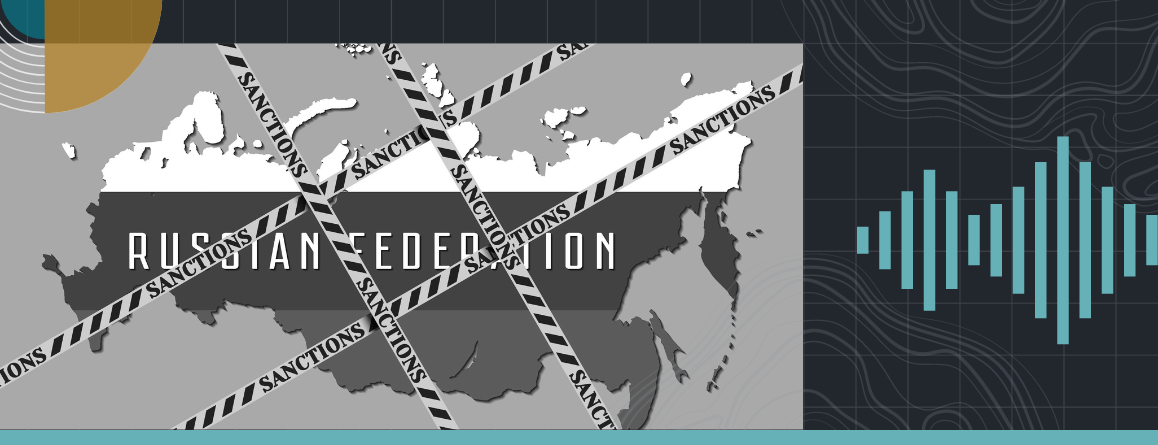Written by: Freedom for Eurasia
The countries of Central Asia and other members of the Eurasian Economic Union (EAEU) and the Commonwealth of Independent States (CIS) as a tool to circumvent sanctions against the Russian Federation, its legal entities and individuals
January 2023
After the beginning of the large-scale aggression of the Russian Federation (RF) against Ukraine, a number of democratic states, imposed sanctions against Russia, its financial institutions, legal entities and individuals. The purpose of economic sanctions is to make it difficult for Russia to finance the war in Ukraine and deprive the Russian Federation of the ability to continue aggression, as well as to demonstrate to representatives of the Russian political and economic elite that the invasion of Ukraine has economic and political consequences. Sanctions have also been imposed on Belarus for supporting the Russian invasion. Individual sanctions are directed against those responsible for supporting, financing or carrying out actions that undermine the territorial integrity, sovereignty and independence of Ukraine, as well as those who benefit from these actions. After the introduction of sanctions, the authorities of the Russian Federation and Belarus, state and private companies, as well as oligarchs who fell under sanctions, began to use various mechanisms to circumvent sanctions. In the current sanctions’ environment, Russia still has enough room for free maneuvers. There is a wide range of loopholes for evading sanctions. The Russian authorities use partners of Russia – individuals, legal entities, and the governments of the states — strategic partners of the Russian Federation who are not sanctioned.
Legal and consulting companies in Russia, Central Asia and Western countries offer services for the relocation of business from Russia to the member states of the Eurasian Economic Union (EAEU) and the Commonwealth of Independent States (CIS).
The Eurasian Economic Union (EAEU) includes Armenia, Belarus, Kazakhstan and Kyrgyzstan, as well as Russia. The Russian Federation controls the EAEU. The EAEU is a free trade bloc that has international trade treaties with Iran, Serbia, Singapore and Vietnam and negotiates with many others, most notably India and China. The CIS also includes Azerbaijan, Georgia, Moldova, Tajikistan, Turkmenistan and Uzbekistan. This interstate union functions somewhat differently than the EAEU, but it provides for partial free trade between all members. For many goods that move to the CIS, there are no export and import duties.
The purpose of the analytical report is a comprehensive study of the issues of circumvention of sanctions by Russia with the help of the Central Asian states, legal entities (organizations) and individuals (citizens) of these countries and the presentation to the world community of recommendations to improve the effectiveness of sanctions and block the ability of the Russian Federation to circumvent sanctions.
The territorial focus of the study is the states of Central Asia: Kazakhstan, Kyrgyzstan, Turkmenistan, Tajikistan, Uzbekistan. This choice is determined by the active use of these states to circumvent sanctions and the use of the same type of schemes by the Russian regime in this region. In cases where the mechanism for circumventing sanctions includes not only the states of Central Asia, but also other countries of the EAEU and the CIS, the authors of the report consider the entire range of participating states. The authors of the report believe that in the future it is necessary to study other regional groups of states in order to identify mechanisms for circumventing sanctions and blocking these mechanisms. The report was prepared on the basis of information from publicly available open sources. When working on the report, the authors used a system of methods for monitoring public sources and qualitative and quantitative methods for analyzing information. Wherever possible, information from one source has been verified against other sources.
Descriptions of sanctions against the Russian Federation, its legal entities and individuals are publicly available. For this reason, the authors do not describe them in detail in the present report.
The report covers the period from the beginning of the Russian aggression in February 2022 to the end of December 2022.
